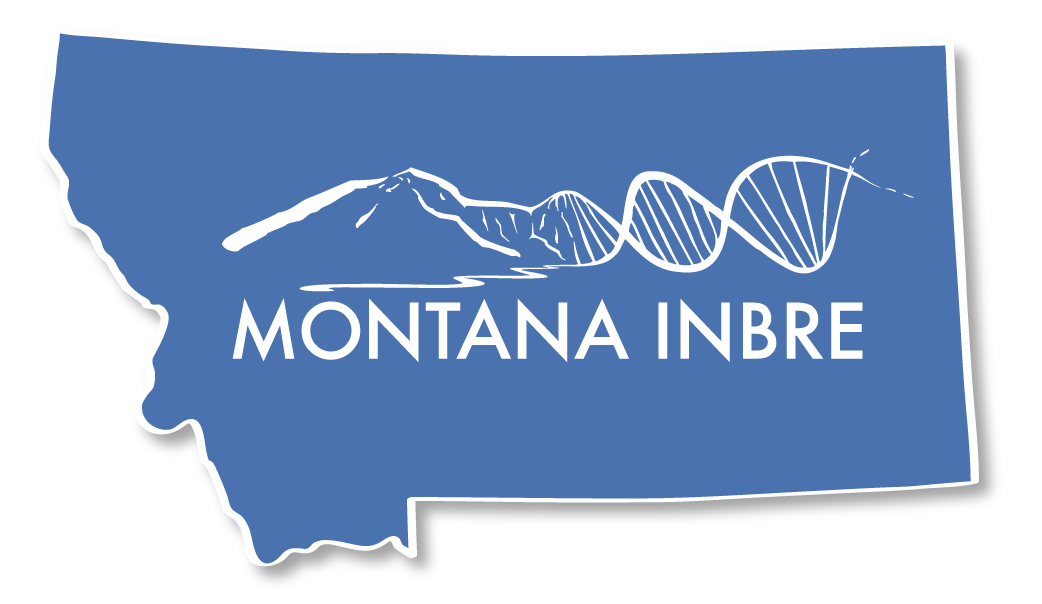Health of Montana’s Growers and Producers
Sally Moyce | Montana State University
sally.moyce@montana.edu
Project Summary
The Latinx population in Montana is growing rapidly, yet health services lag in response to the needs of the population. An effective method to increase access to care and improve health outcomes in the Latinx community is the implementation of a Promotores de Salud program. Promotores, also known as community health workers (CHWs), are trusted members of the community trained in health promotion, patient navigation, referral services, and health education. They provide a bridge between health services and the community.
Essential to their success is training in the core competencies of their role. The Montana Office of Rural Health offers an online 85-hour training to certify CHWs. However, the training is offered only in English with a focus on the health of rural, White Montanans. To increase the capacity and diversity of the health workforce in the state, a curriculum adapted to the cultural and linguistic needs of Latinx CHWs is needed.
Therefore, we propose a project that will meet this need. Specifically, we will adapt the current CHW training materials for cultural relevance and linguistic appropriateness to be used by CHWs who serve the Latinx population. We will pilot test the adapted curriculum with a group of four Latinx CHWs.
At the completion of this study, we will have adapted material that has been tested and validated. We will also have the materials needed in the expansion of a Promotores de Salud program across the state of Montana.
Project Aims
- Adapt current CHW training materials for cultural relevance and linguistic appropriateness to be used by CHWs who specifically serve the Latinx population.
- Pilot test the adapted CHW curriculum with existing Latinx CHWs and a newly recruited CHW who will serve the Latinx community.
Creating a culturally and linguistically sensitive CHW training will improve the ability of health providers to reach vulnerable communities by bolstering the CHW role in the Latinx community. Moreover, this training will fill a gap in the current health workforce in Montana for a growing population. Finally, this training can be used in future interventions to expand the CHW program to serve the Latinx population throughout the state of Montana.

